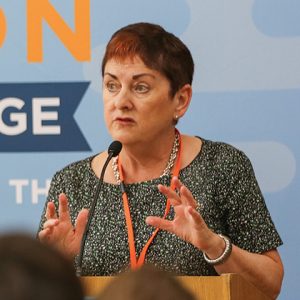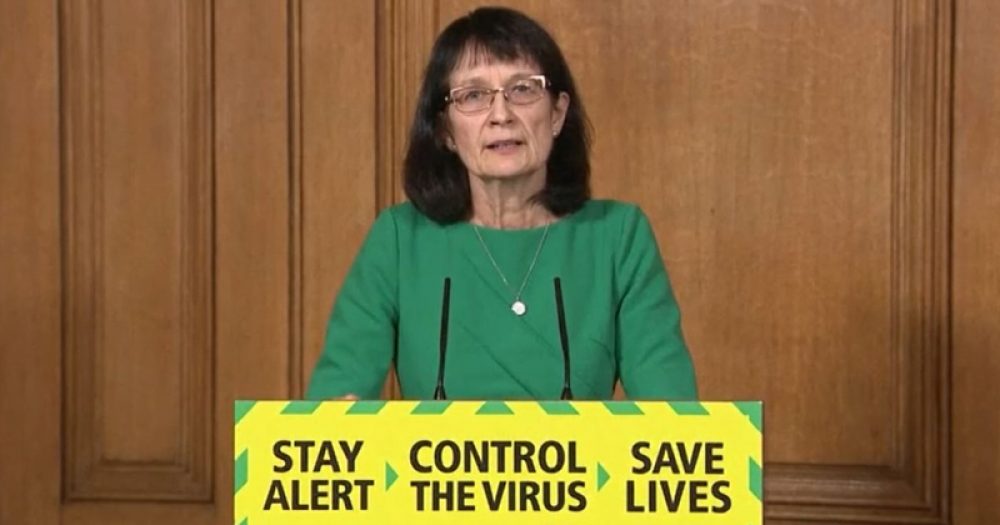School staff who are shielding because they are clinically extremely vulnerable are still being advised not to go to work – but new guidance on whether they should return to the classroom is due next week.
The government recently announced a relaxation of its shielding guidance, stating that from August 1, those who cannot work from home “can go to work, as long as the business is Covid-safe”.
Those who have been told until now to shield for their own safety will feel very uncertain about returning to the workplace
But ministers’ insistence that all pupils will return to schools in September has prompted fears that shielding staff may be asked to return even if it is not safe for them to do so.
Approached for clarification this week, the DfE said the government was “strongly advising people, including education staff, who are clinically extremely vulnerable to rigorously follow shielding measures in order to keep themselves safe”.
“Staff in this position are advised not to attend work at this time,” the department added.
However, further guidance on the matter has been promised next week.
In order to facilitate the return of pupils, the government is expected to announce the relaxation of social distancing rules for children in schools. However, it is not yet clear whether those rules will also be relaxed for school staff.
There are also questions about whether schools can meet Health and Safety Executive guidance on so-called “Covid-secure” workplaces.
The guidance states that workplaces should stagger staff arrival and departure times, maintain social distancing between employees and keep canteens closed to protect workers.
But school leaders say meeting these requirements in schools will be difficult, and have demanded clearer guidance on what exactly is expected of them in the autumn term.
Geoff Barton, general secretary of the Association of School and College Leaders, said making a “complex environment” like a school or college ‘Covid secure’ was “obviously going to be challenging”.

“The first job is to define what ‘Covid secure’ means in an education setting,” he said.
“Schools and colleges are very good at putting systems in place, but it is important that they are provided with guidance which is clear, based on robust public health guidance, and that they have sufficient time in which to implement these systems.”
The DfE would not say whether it would expect schools to be “Covid-secure”, but said it would “shortly be publishing further details to help schools and parents prepare for September”.
Recent polling by the NASUWT teaching union suggests guidance on shielding is long overdue.
The survey of members found that one in five teachers who were shielding because they were clinically extremely vulnerable to coronavirus had been asked to go into school.
Dr Mary Bousted, joint general secretary of the National Education Union, said those who had been told until now to shield for their own safety “will feel very uncertain about returning to the workplace”.
“We cannot know what the situation with coronavirus will be in September, so we will expect education employers to be willing to plan on the basis that at least some staff and students may need to remain at home in September.”
Fewer children will need to shield, says government adviser
A “very large number” of children currently shielding at home will be able to return to school in September, the government’s deputy chief medical officer has said.
Dr Jenny Harries told the Downing Street briefing on Monday that by September, “there should be a much fewer number of children who are on the shielding list, who would need to be away from school”.
It comes after the Royal College of Paediatrics and Child Health revised its shielding guidance for children and young people, to state that “not all those children and young people who are currently advised to shield need to continue to do so”.
“The majority of children with conditions including asthma, diabetes, epilepsy and kidney disease do not need to continue to shield and can, for example, return to school as it reopens,” the guidance states.
“This includes many children with conditions such as cerebral palsy and scoliosis, for whom the benefits of school – in terms of access to therapies and developmental support – far outweigh the risk of infection.”
However, the guidance still states that some children, such as those with immune-deficiency or immune-suppression, including through cancer therapy, will need to continue to shield, while those with certain other conditions will need to discuss with doctors and make decisions on a case-by-case basis.
A full list is available online at rcpch.ac.uk








I was looking forward to going back to work but have been watching the daily figures of new cases before I volunteered to go in in August if needed. I was in hospital 4 times from November until the beginning of March. Two of those admissions were under ICU due to life threatening asthma attacks. Shielding has been tough and I an concerned about being asked not to return back to work in September, but in the same token I need to know that it is safe to return.